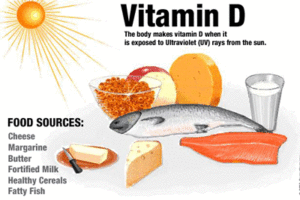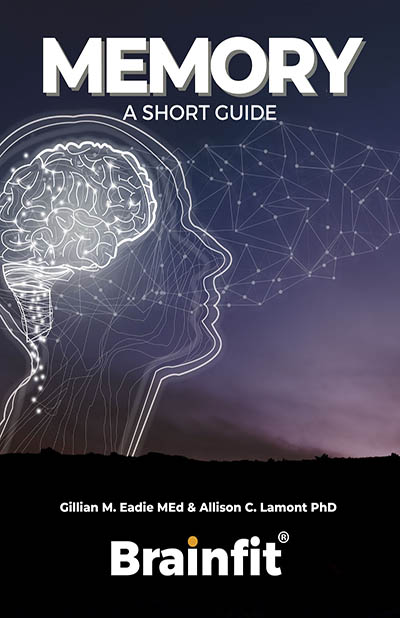A daily dose of ‘D’

Half of all women and a third of all men over 60 are diagnosed with Osteoporosis and low Vitamin D. (New Zealand statistics). Half of the U.S. population over age 65 has insufficient or deficient levels of Vitamin D.
“There is a recent and growing literature on the associations between vitamin D status and risk of Alzheimer’s disease/dementia, cognitive decline, and brain atrophy,” said Dr. Joshua W. Miller from Rutgers University, New Brunswick, New Jersey.
This doesn’t have to happen!
Eating calcium rich foods (like those in the image – healthy cereals, fatty fish and dairy products) is important not only for bone strength, but for cognitive strength, also.
Equally important is a daily dose of Vitamin D through exposure to the sun?
(Vitamin D absorbed through sunlight is essential so we can absorb calcium from food).
How much sun do we need?
In summer, being outdoors before 11am and after 4pm should allow enough sunlight to be absorbed to meet your Vitamin D needs.
In winter months, around 30 minutes per day will be required.
And remember, you don’t absorb Vitamin D through glass or when you have applied sun block to your skin.
Why should we bother?
An international research team conducted a study that observed over 1,600 seniors for six years. They found that those who were severely deficient in vitamin D were more than twice as likely to develop Alzheimer’s and dementia than those who had adequate levels.
Participants who were only mildly deficient had an increased risk of 53%, while those who were severely deficient had a 125% increased risk of developing dementia.
Lead author David Llewellyn, of the University of Exeter Medical School, said:
“We expected to find an association between low Vitamin D levels and the risk of dementia and Alzheimer’s disease, but the results were surprising – we actually found that the association was twice as strong as we anticipated.”
The study showed a strong link between dementia and a vitamin D deficiency, but researchers are not yet ready to say that a vitamin D deficiency causes dementia. Clinical trials and further research are needed to establish whether adequate levels of the vitamin can prevent, treat, or delay Alzheimer’s.
Are there any risks?
“There is a potential danger in consuming too much vitamin D as a supplement,” Miller cautioned. “The upper tolerable level of daily intake (UL) for Vitamin D established by the Institute for Medicine is 4000 IU/day for individuals age 9 years and older. Above this level, the risk of adverse health effects increases, with very high doses (10,000 IU/day or more) potentially causing damage to kidneys and other tissues. The recommended dietary allowance (RDA) is 600 IU/day.”
Thank you to Kris Tynan for the Vitamin D facts and Dr Allison Lamont for the research on the link with Dementia.
Read more of Kris Tynan’s tips
 Kris Tynan,
Kris Tynan,
Active Ageing Exercise Specialist and founder of the SuperSenior Exercise Programme





I have heard that all the research is finding taking vitamin D does not help prevent osteoporosis
Were rolled oats considered to be healthy cereals .?
Absolutely! I don’t think you could get a healthier cereal!
It is worth keeping an eye on incoming research. Many studies focus on one small aspect of the whole area so it often seems that results are conflicting when in fact they may not be. Always check the size of the sample group, the kind of research study that was undertaken and whether the results come from a reputable organisation. And as regards your personal situation, always check with your own specialist before making any radical changes to what you are currently doing. Memory Foundation tries to bring you well-founded research and we welcome feedback if you find something new we could be considering. Thank you for your query!